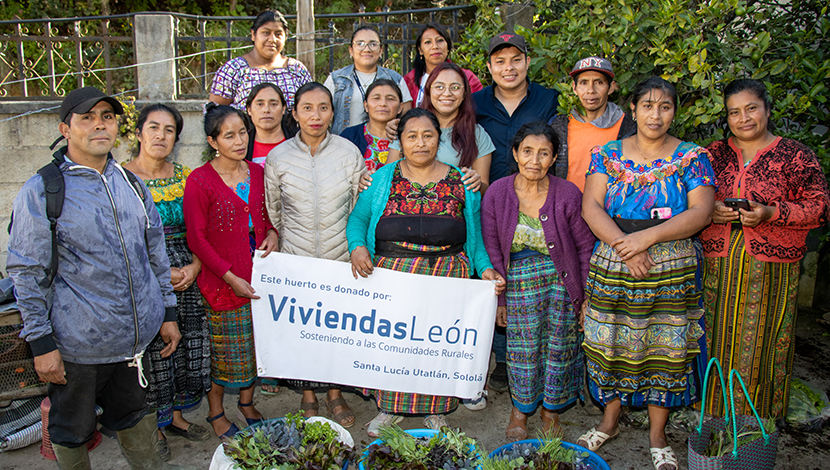
Expanding our program and community impact
ViviendasLeon trains rural communities to become agents in their own development. Women participate in a six month social and behavioral training program to gain a sense of purpose, empowerment and resilience. They then move into learning to farm their own land, mostly small plots, to grow organic produce that serves the food security needs of their community. Just 10% of the families in a rural community can serve the nutritional needs of their community, and earn a living wage.
Scaling our farms program
Each year our goal is to train additional women and create more farms so that over time, food security for whole communities is assured, and a local economy and food system is established.
Expansion this year
During the months of July and August at ViviendasLeón, we took important steps toward food security and empowerment for our beneficiary families. Our farms program in Guatemala began with 10 farms in 2024 and has now expanded by 8 new families and their farms this year.
A day of training to plant new crops
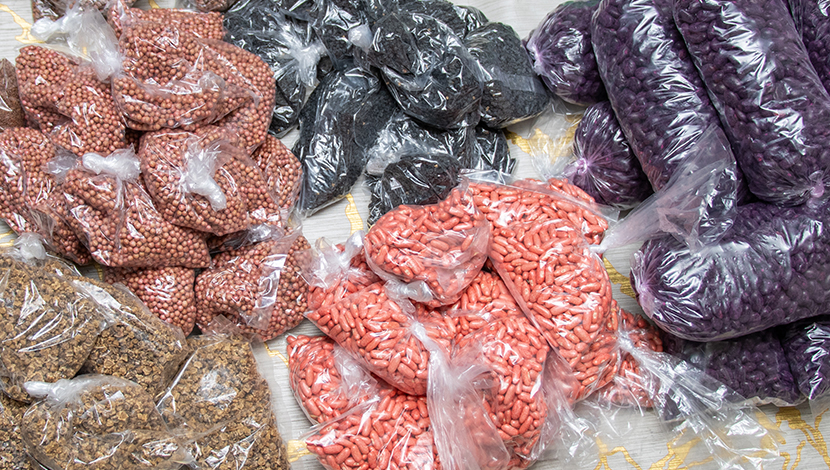
We provide seeds: We distributed packages of seeds that will support the first crops of the new family gardens. Among the varieties we delivered were red cabbage, spring cabbage, onions, parsley, lettuce, and other vegetables that will soon fill our families’ tables with fresh and nutritious food. We also delivered radish, beet, cilantro, celery, spinach, bean, and green bean seeds
And germinated plants: Starter plants called pilones were also distributed for green leafy and delicate vegetables like lettuces, broccoli and kale. With this month’s planting, we hope to be able to harvest in November of this year.
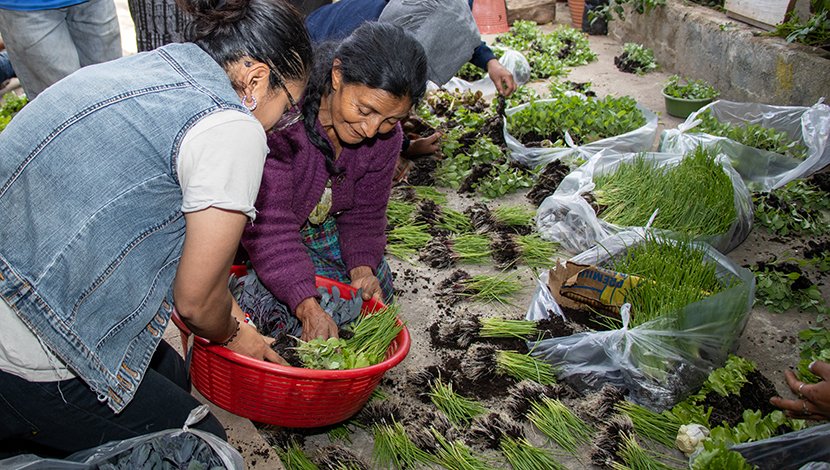
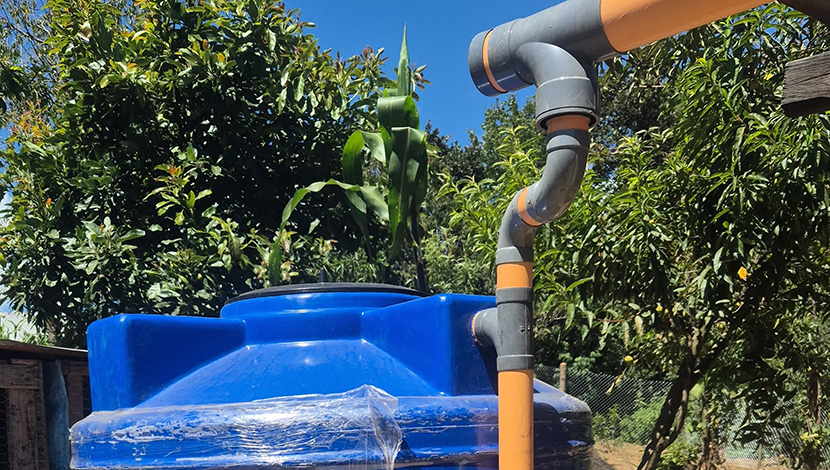
Rainwater catchment systems: We also took another step toward sustainability with the delivery of several rainwater harvesting systems, a key tool that will allow families to secure this vital resource for irrigating their gardens year round.
And made organic fertilizer: Each new activity requires training. We provided training on the production and use of Super Magro*, a homemade biofertilizer that serves a dual purpose: nourishing plants and acting as a natural insecticide to repel pests and protect crops. This practice not only strengthens production but also promotes sustainable and environmentally sound agriculture.
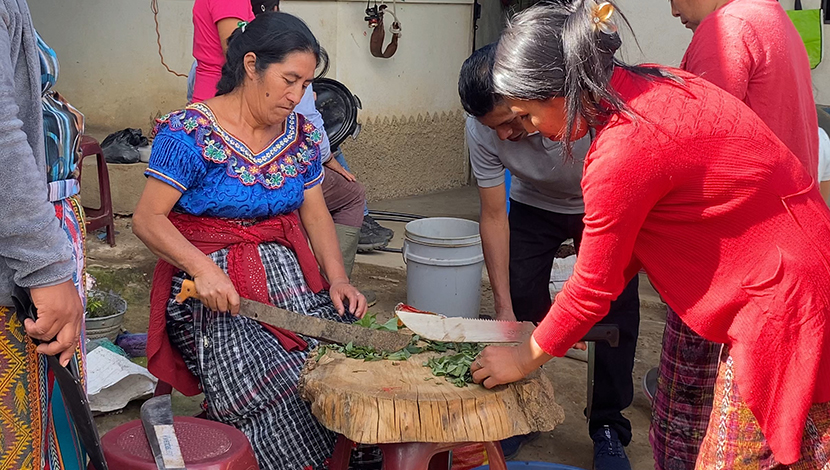
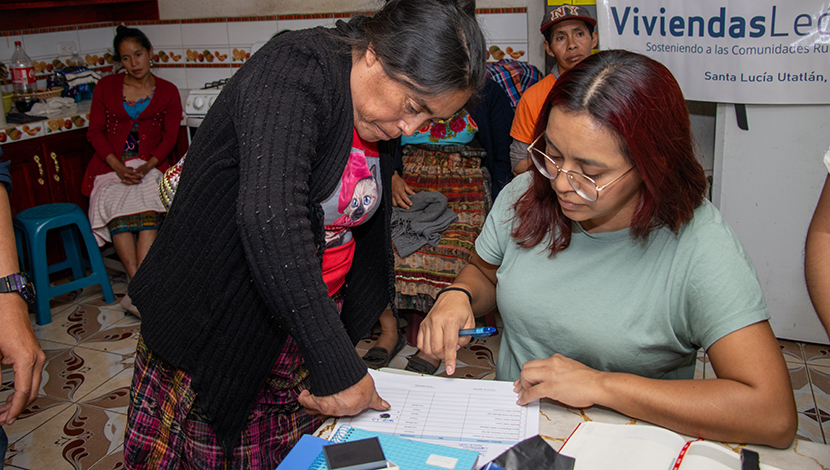
And beyond the delivery of supplies and training, we reinforced something fundamental: the families’ commitment. To this end, we signed agreements with each beneficiary, who assumed the responsibility of working, caring for, and overseeing their garden, as well as attending the activities, meetings, and training we hold.
This act not only symbolizes an agreement, but also represents our families firm decision to commit to a more sustainable future, applying what they have learned and working as a community.
Our philosophy
At ViviendasLeón, we believe that sowing is not just about planting a seed in the ground, but also about cultivating hope, commitment, and transformation.
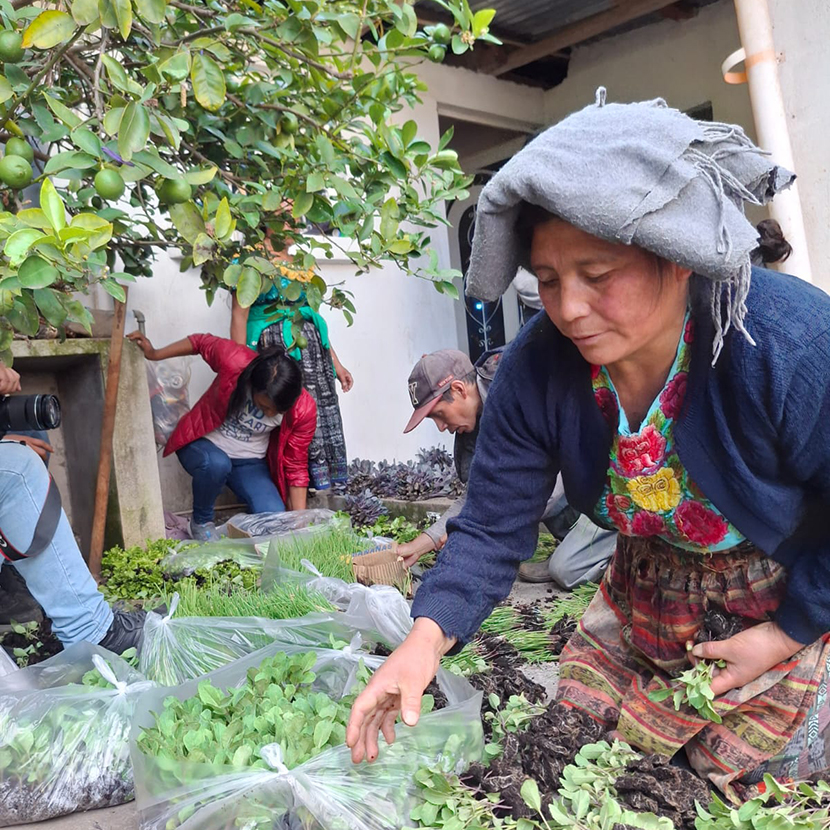
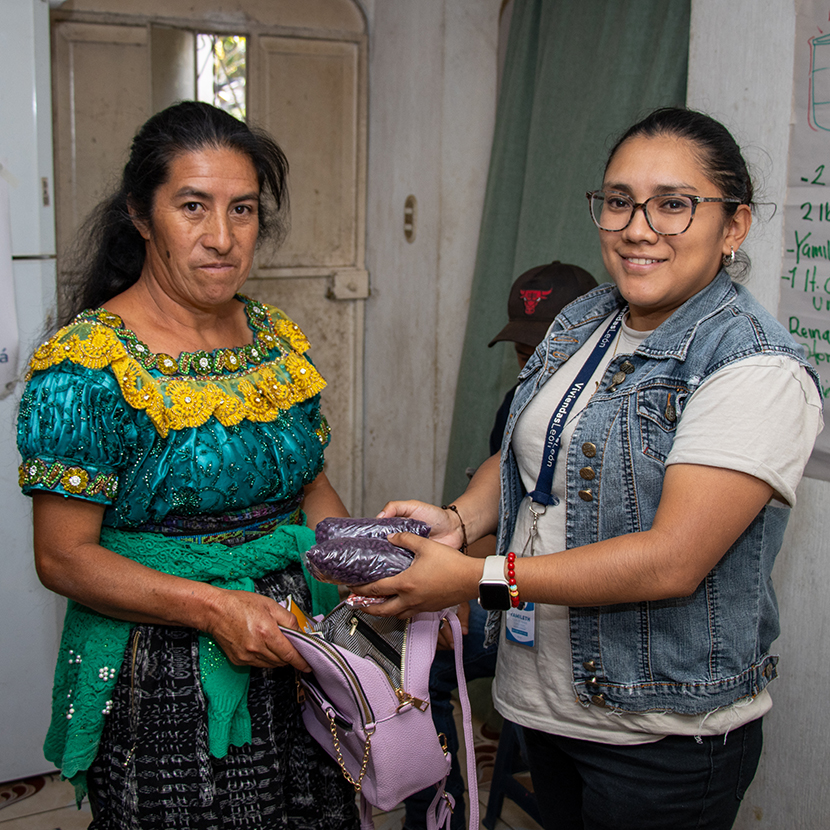
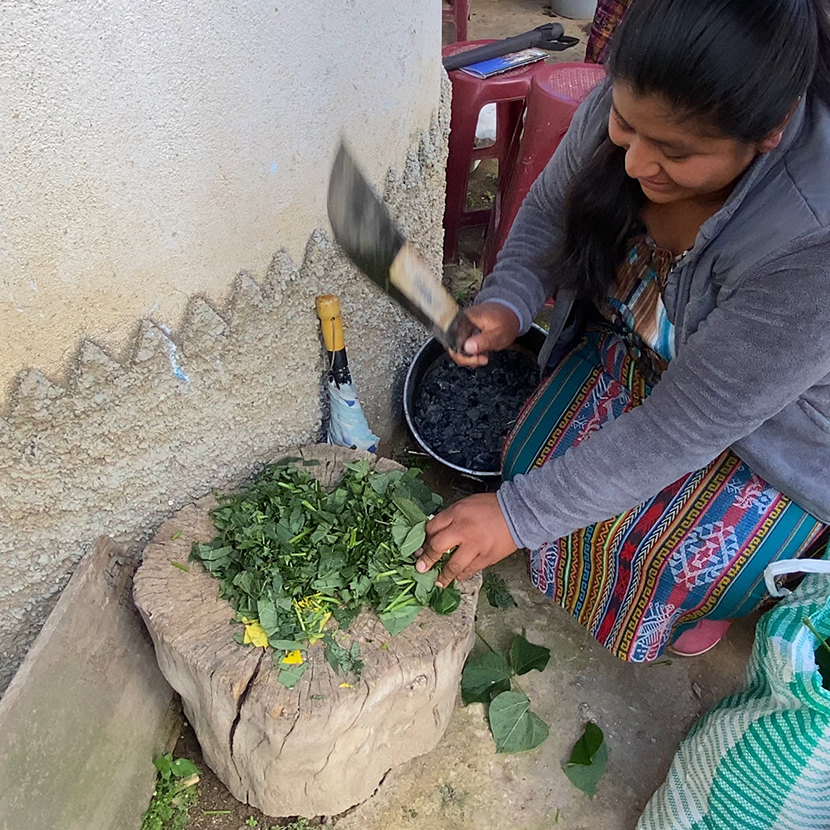
Our process for making fertilizer
Supermagro is an organic liquid fertilizer made from the fermentation of ingredients such as fresh cow manure, molasses, and plant ash, among others. It is used to nourish plants, improve soil health, increase production, strengthen plants against pests and diseases and shorten the crop cycle, all at a low cost to farmers.
Common ingredients:
- Fresh cow manure
- Molasses (sugar that feeds microorganisms)
- Whey or raw milk
- Plant ash
- Water
- Yeast, green plant material, rock flour, or minerals (optional)
Benefits and uses:
- Plant nutrition: Provides micronutrients and improves mineral availability for the crop.
- Soil health: Increases soil fertility.
- Plant growth: Stimulates vigorous growth and increases green matter production.
- Natural defense: Inhibits the presence of pests and diseases.
- Economic savings: It is an economical product for producers to produce.
- Sustainability: Facilitates a transition to more sustainable agricultural practices.
How is it used?
- It is applied in liquid form directly to the soil or to plant foliage.
- For it to be effective, water is needed to help the fertilizer incorporate into the soil.
- Field applications are carried out weekly.
This task was carried out in large groups so that the entire group has the necessary product for the entire crop cycle. It is worth mentioning that we will apply bokashi (see our Instagram post about this home made compost), insecticides, and organic fertilizers to achieve more complete plant growth.